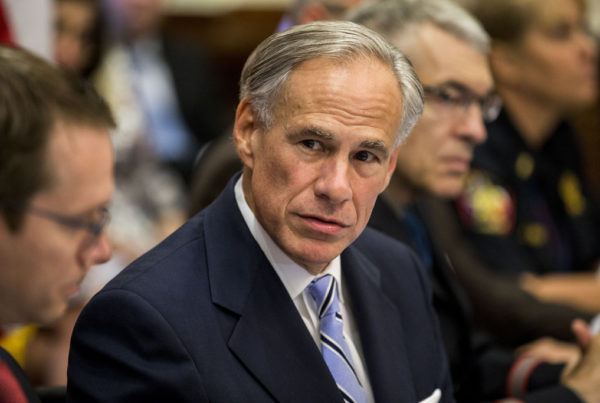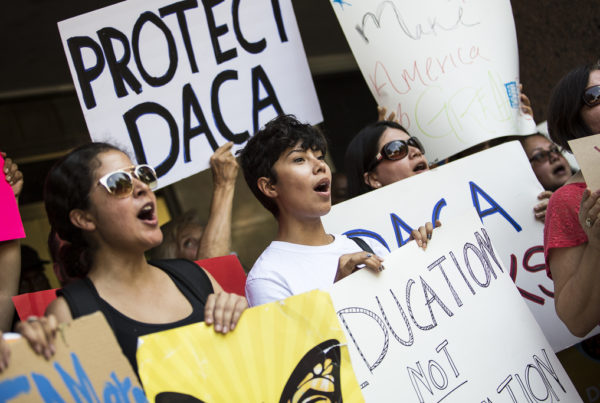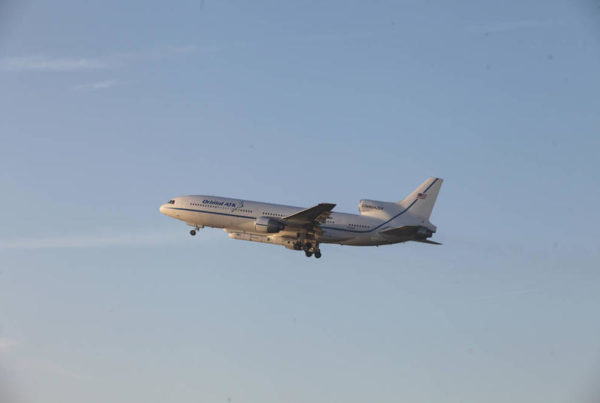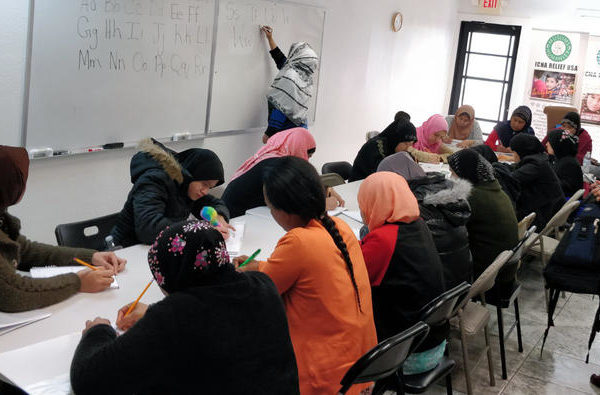For the next month, the eyes of the soccer world will be on Russia, the site of the 2018 FIFA World Cup. The 32-team tournament, which does not include the United States, will decide which country will reign over the world’s game for the next four years. Every soccer fan has their prediction of who will win the cup, but nobody could tell you for sure, right?
Ricardo Santos believes he can. He is a professor of economics at Trinity University in San Antonio, and he has devised his own model for predicting the winner.
“Soccer is my love, my passion,” says Santos, who has enjoyed the game since before he became an economics professor. For him, studying soccer “was an easy choice.”
To create his model, Santos looked back at the history of the World Cup. He looked for trends in winners and losers, and searched for meaningful variables.
“There have been 20 World Cups to date, this year will be the 21st, and in six of the 20 the host was the final winner, so hosting should matter,” Santos says.
In addition to the host country, Santos considers how the teams are built over a cycle of tournaments.
“From observing and watching the game so much I realized that the generational cycle of the teams should be very important,” Santos says. “These teams at the national level only play together for about 10 to 12 years.”
Over that span, a national team will participate in about three world cups. Since 1974, Santos found that only twice had a team won two out of any previous three tournaments.
This year, when accounting for all variables, Santos says that Brazil will come out on top. The Brazilian team has the right mix of players – not too young and not too old – and they are highly ranked by FIFA.
Still, Santos says you shouldn’t take his predictions too seriously.
“There’s always a high degree of randomness in the model,” Santos says. “So you should not take my guesses to Las Vegas and start betting.”
Written by Kevin Wheeler.
















